RESEARCH
ECOLOGY OF CLIMATE CHANGE
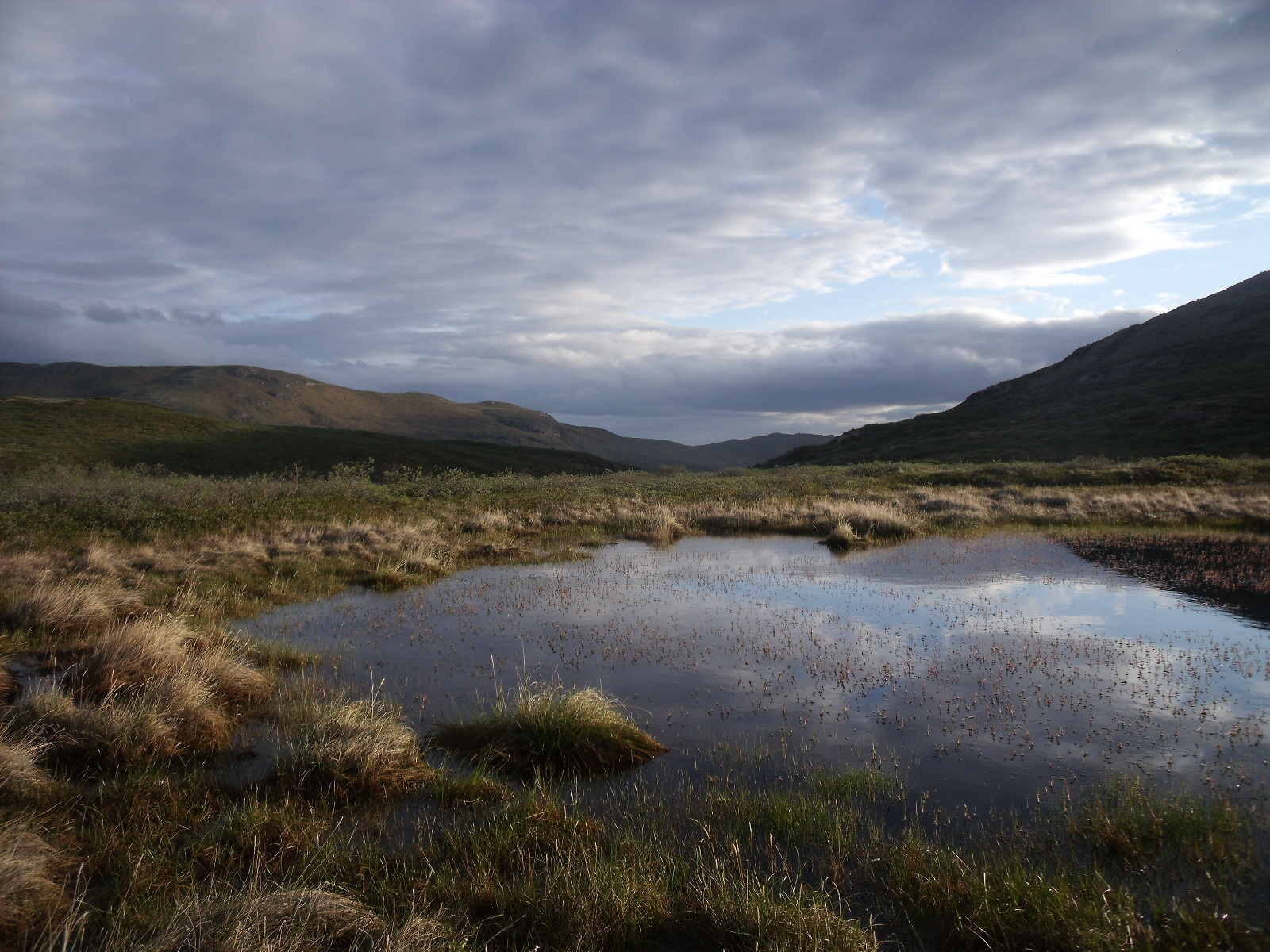
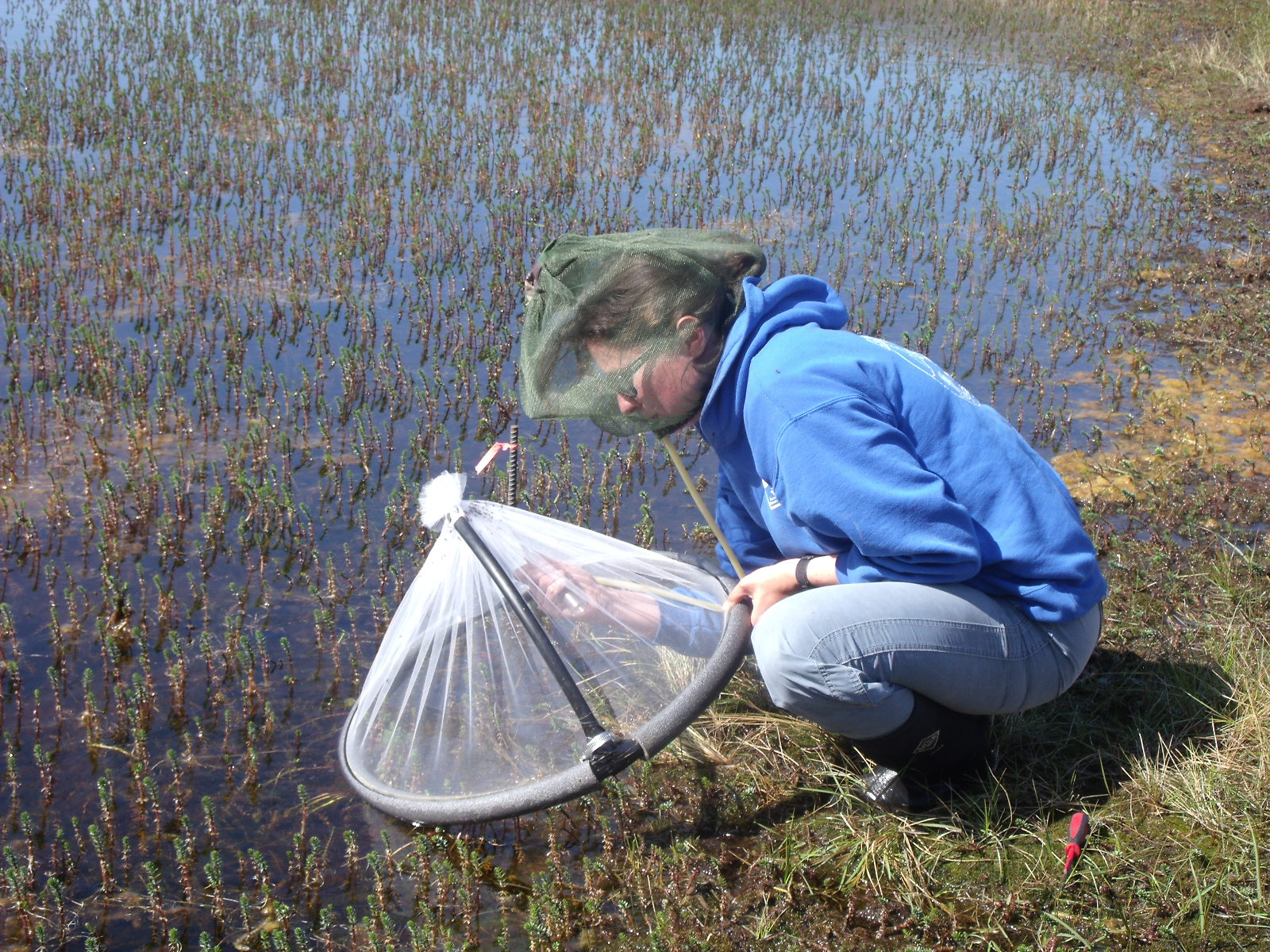
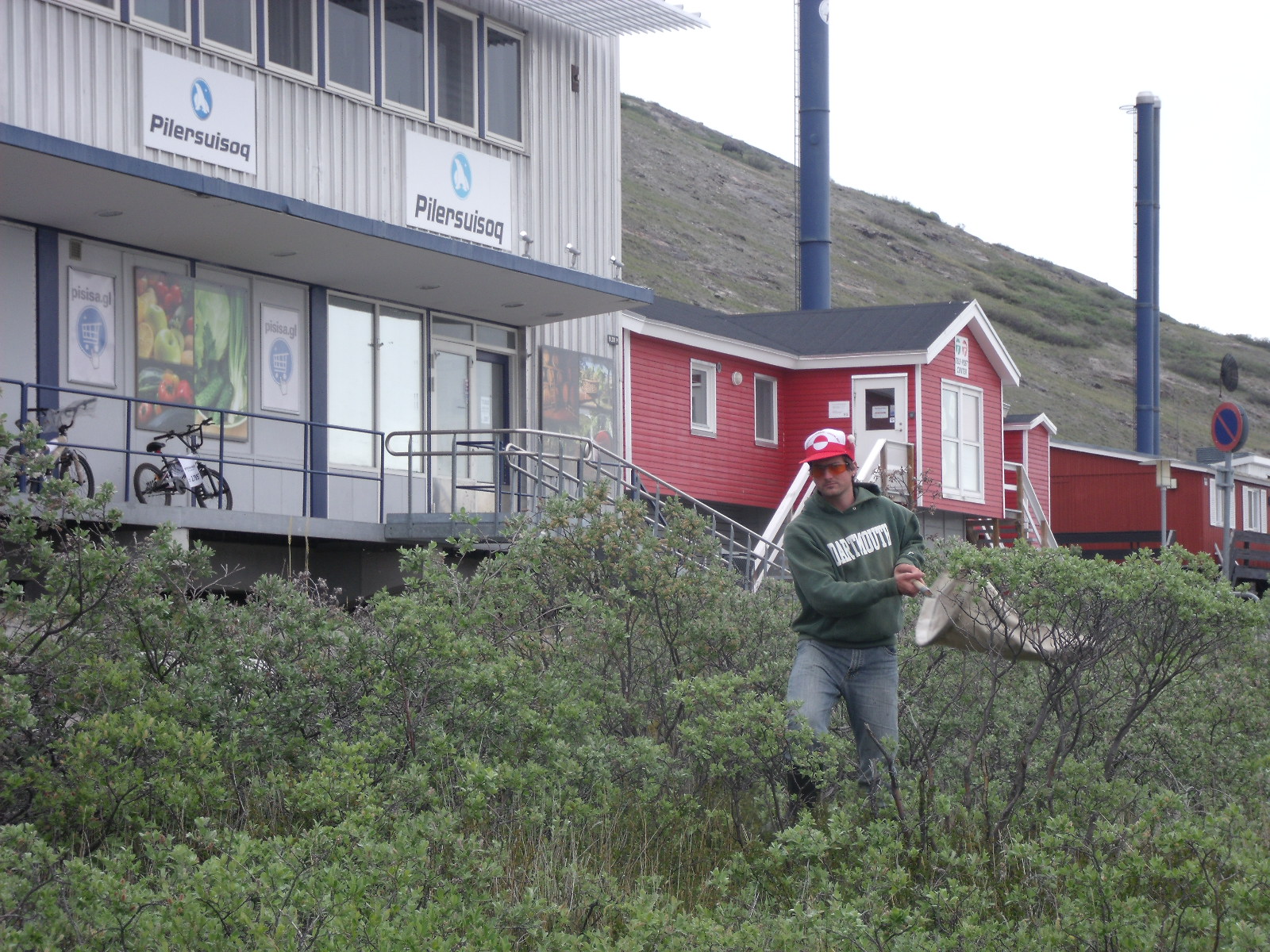
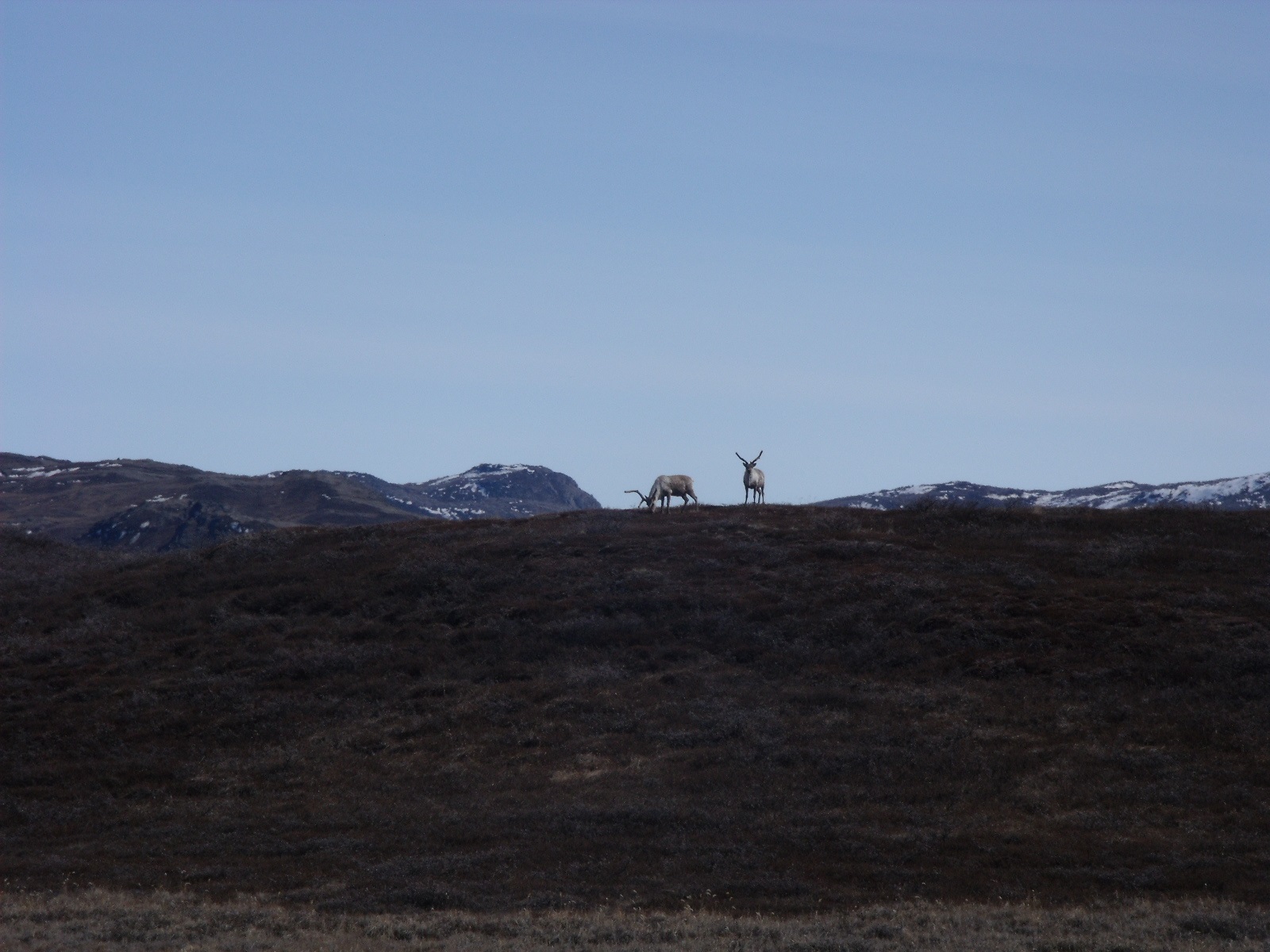
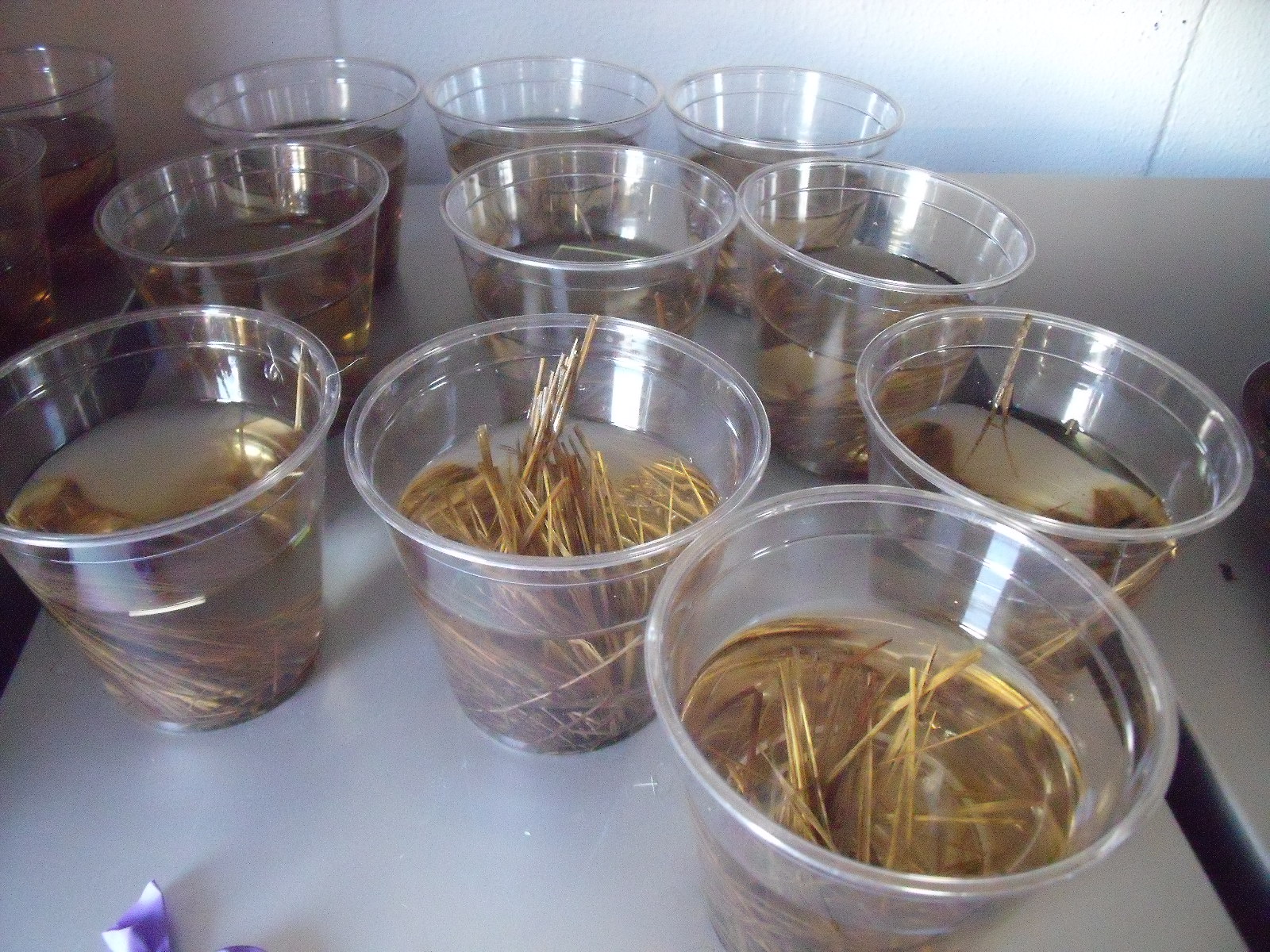
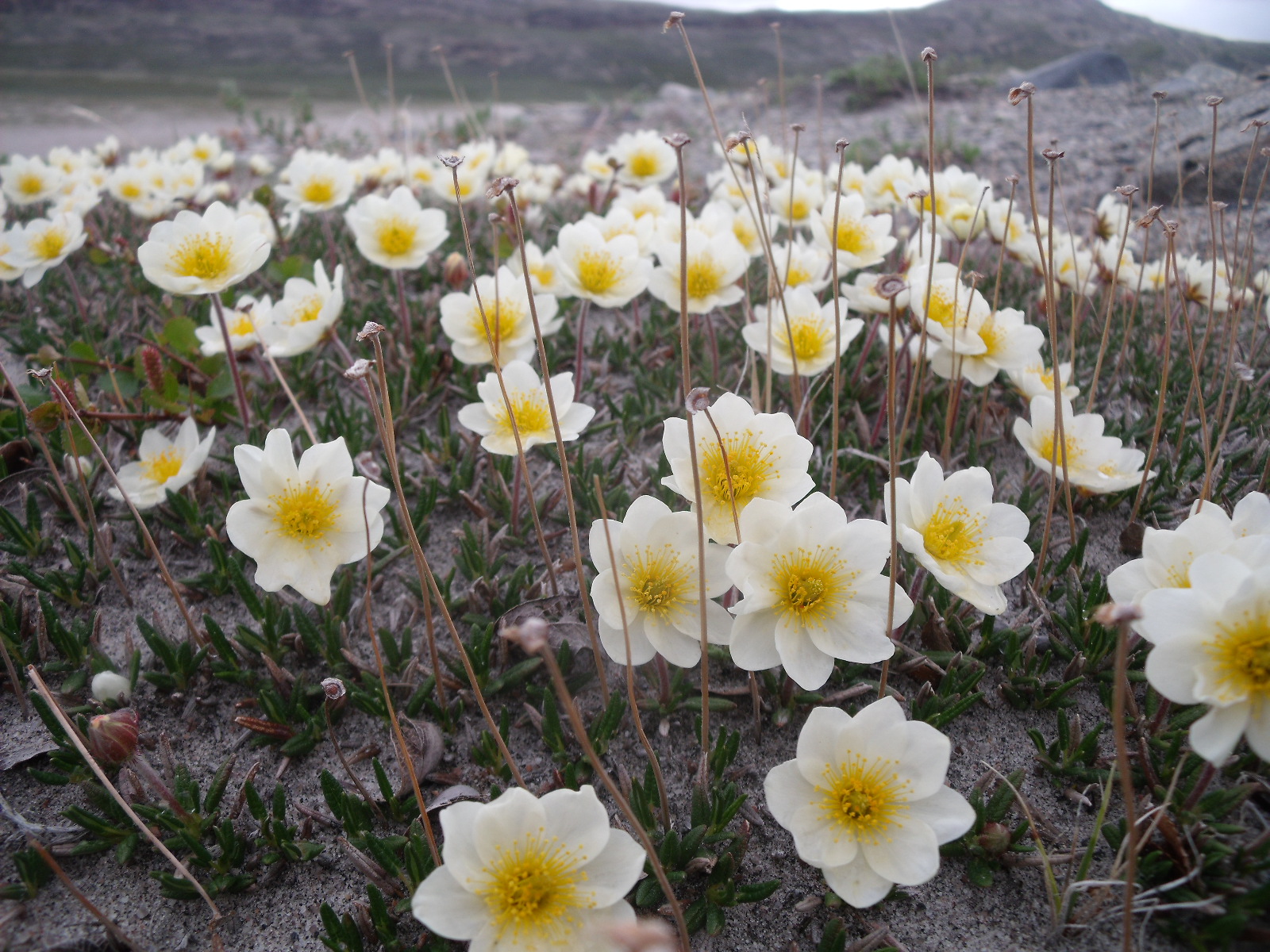
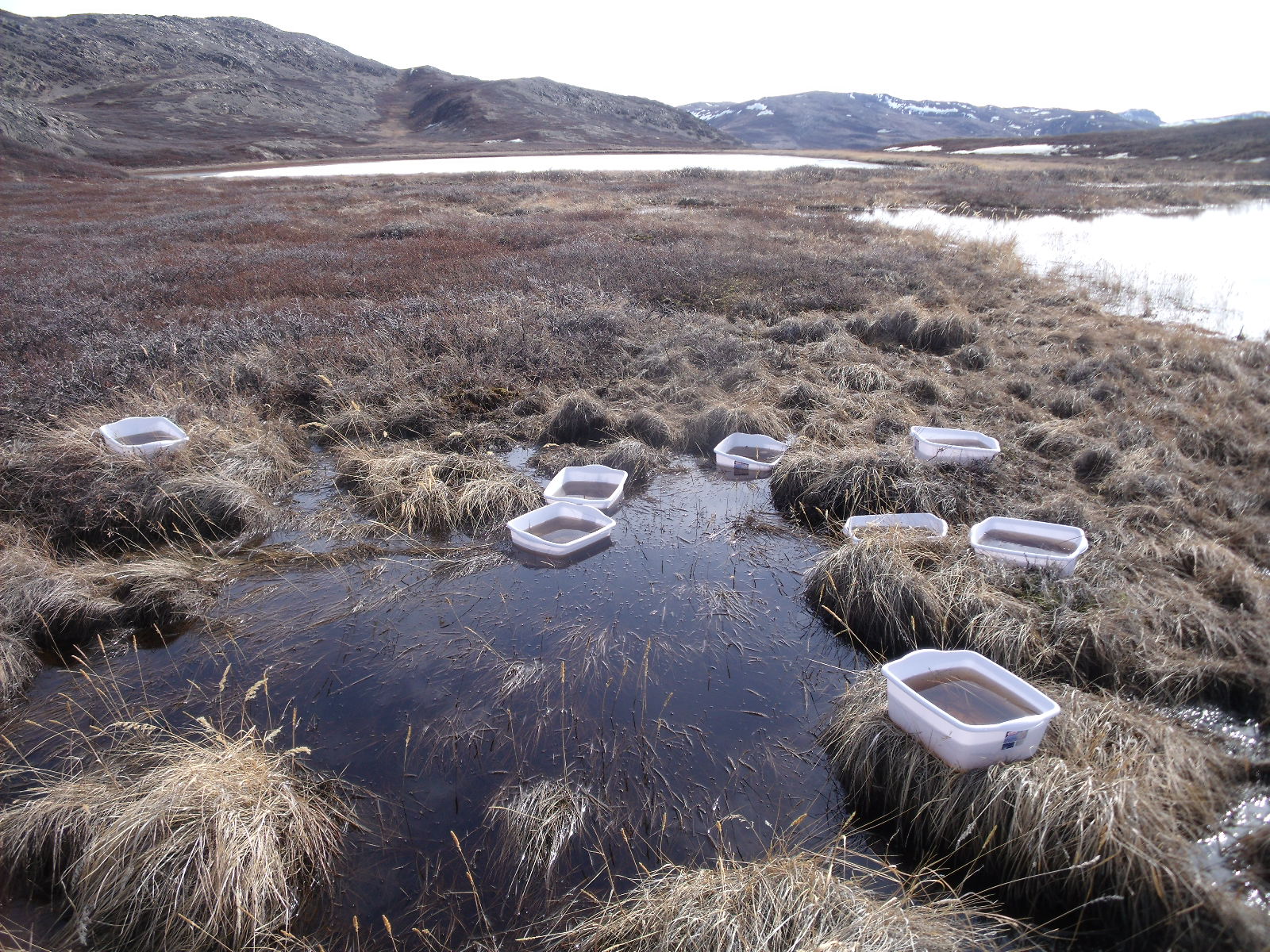
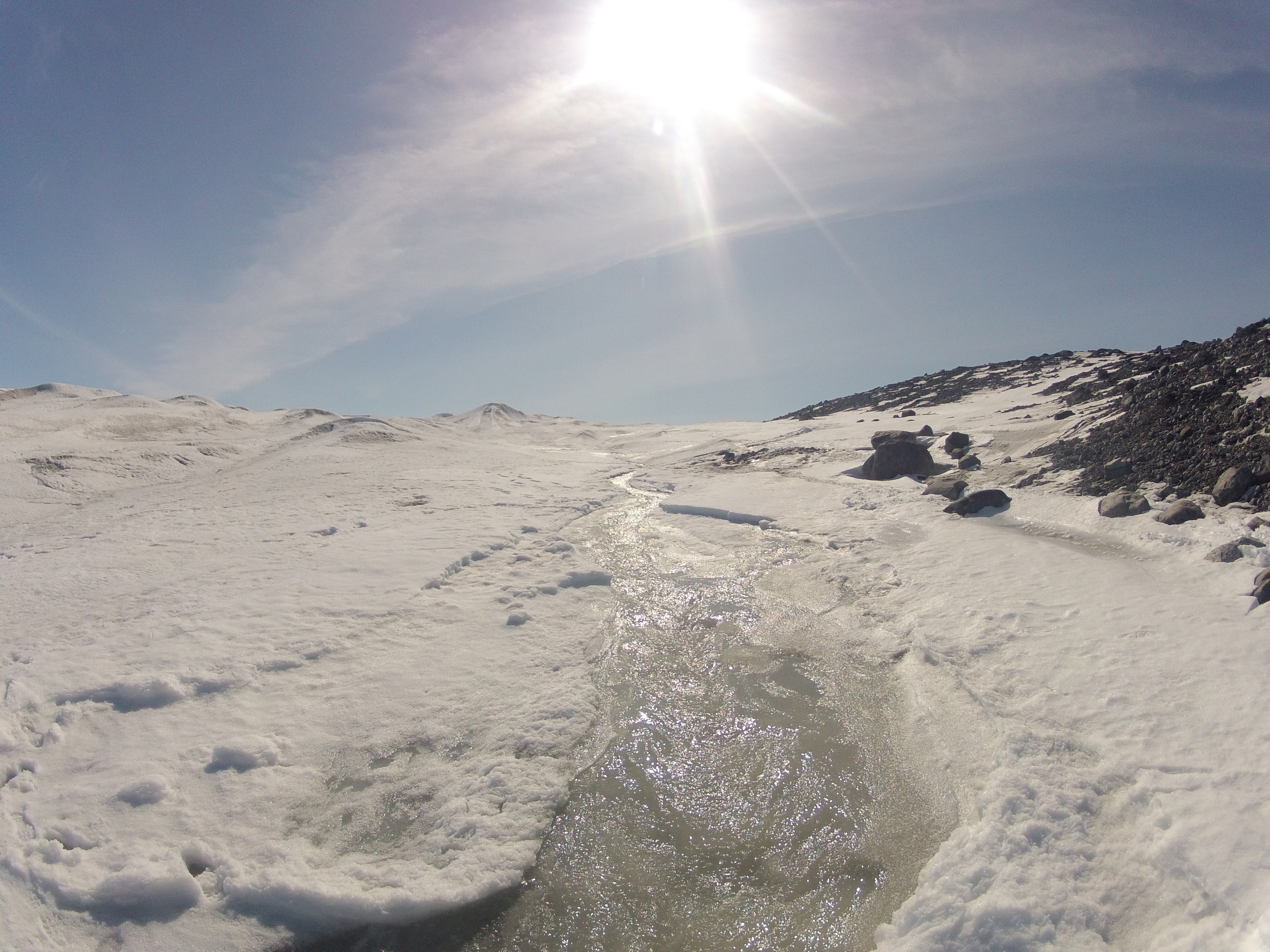
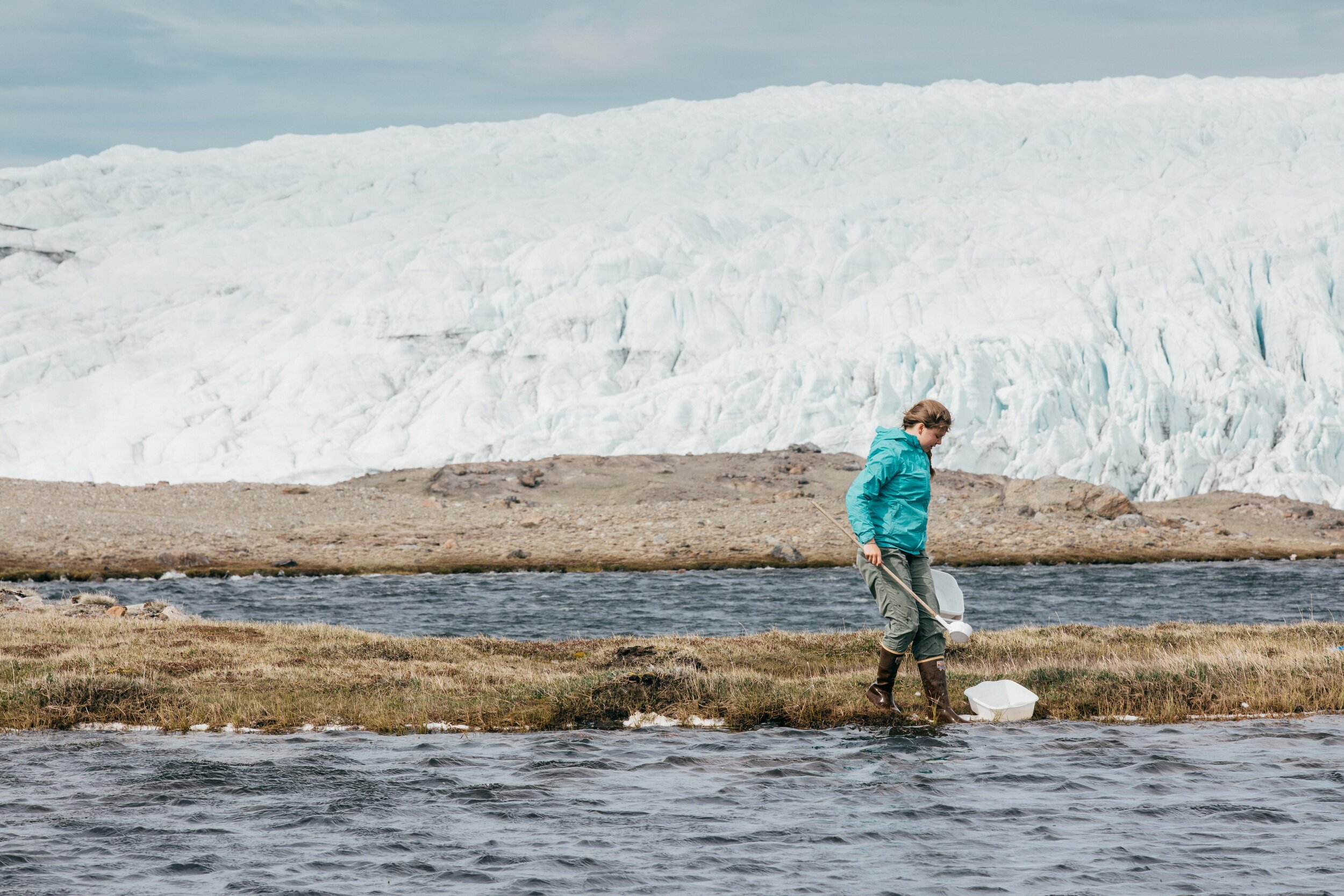
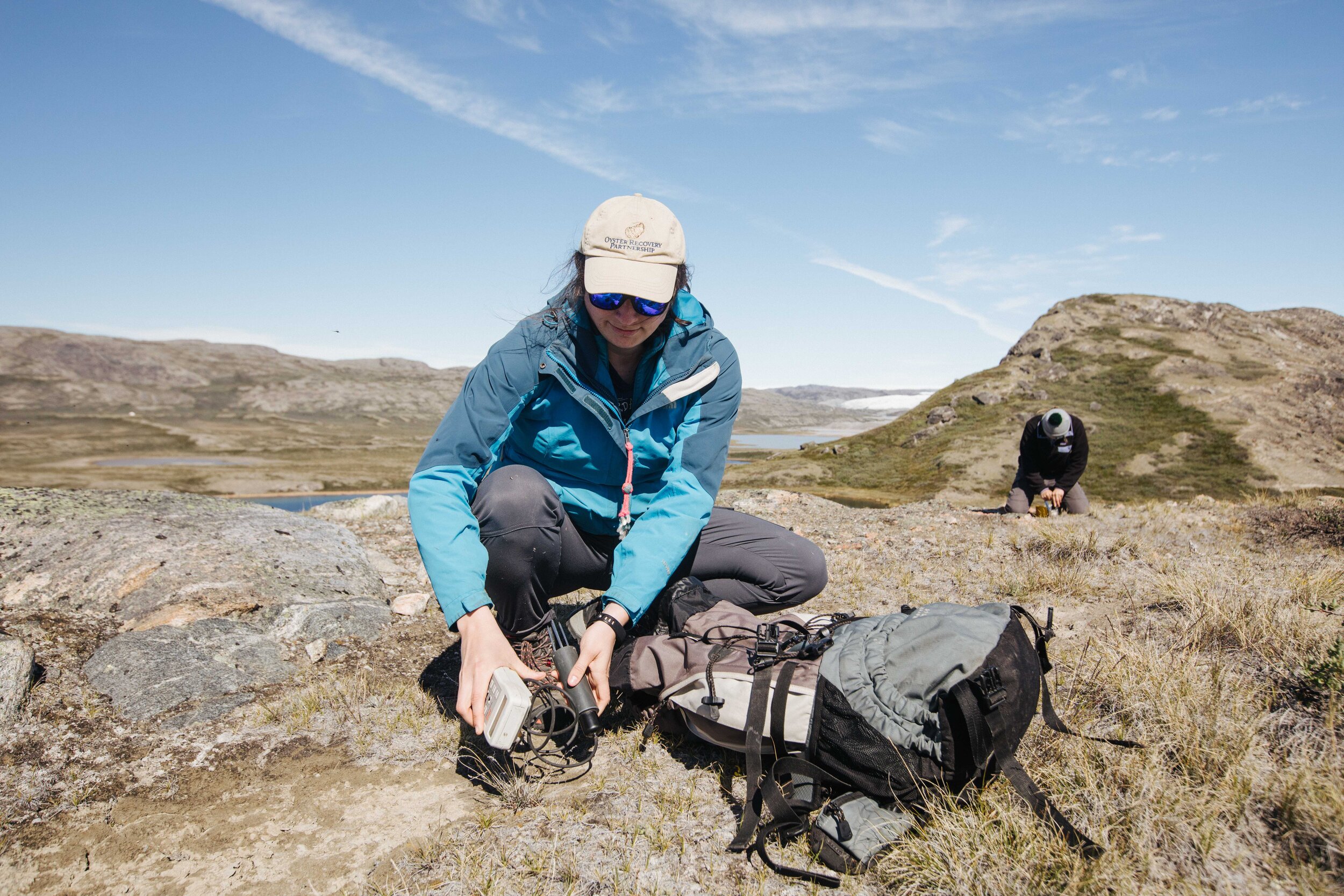
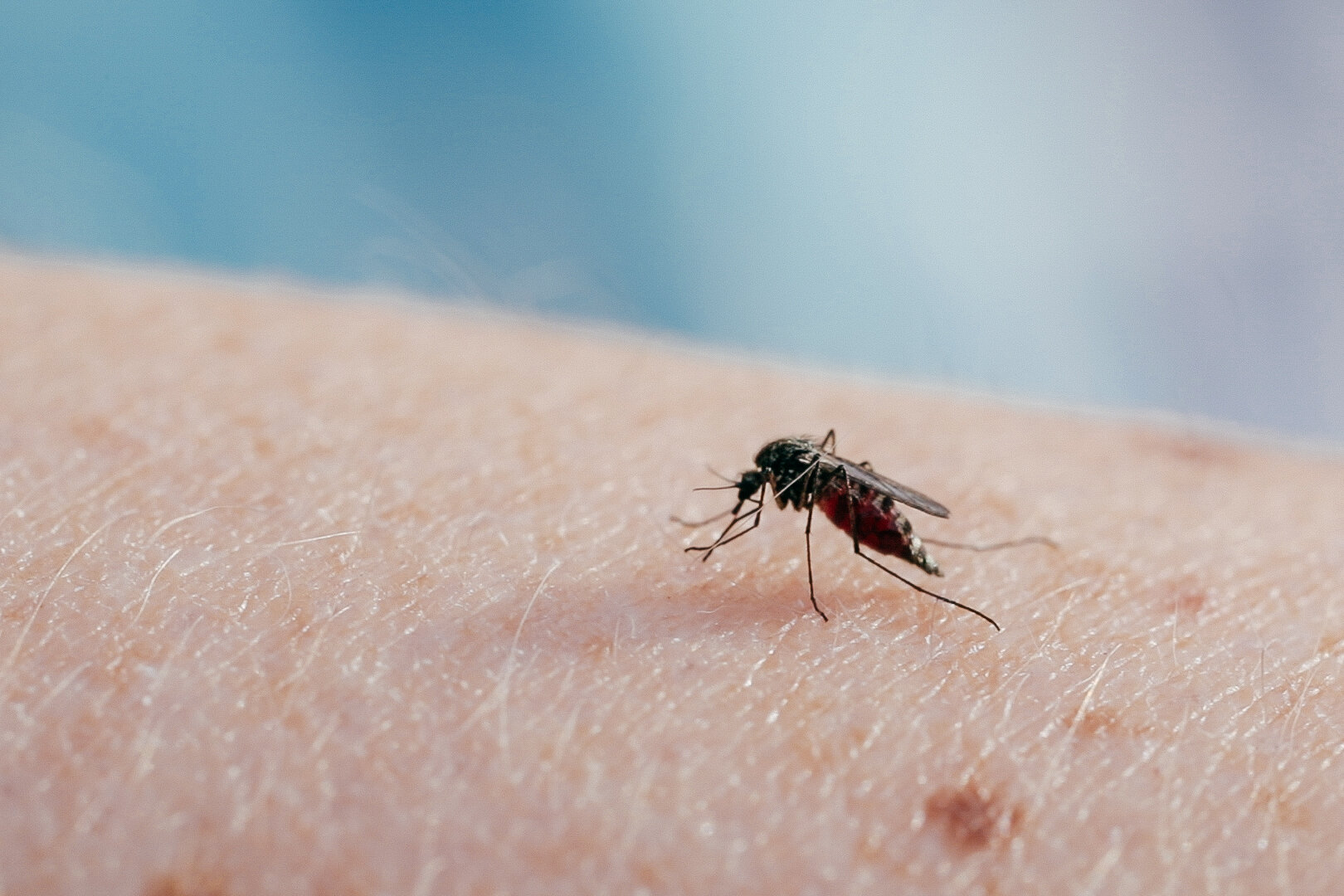
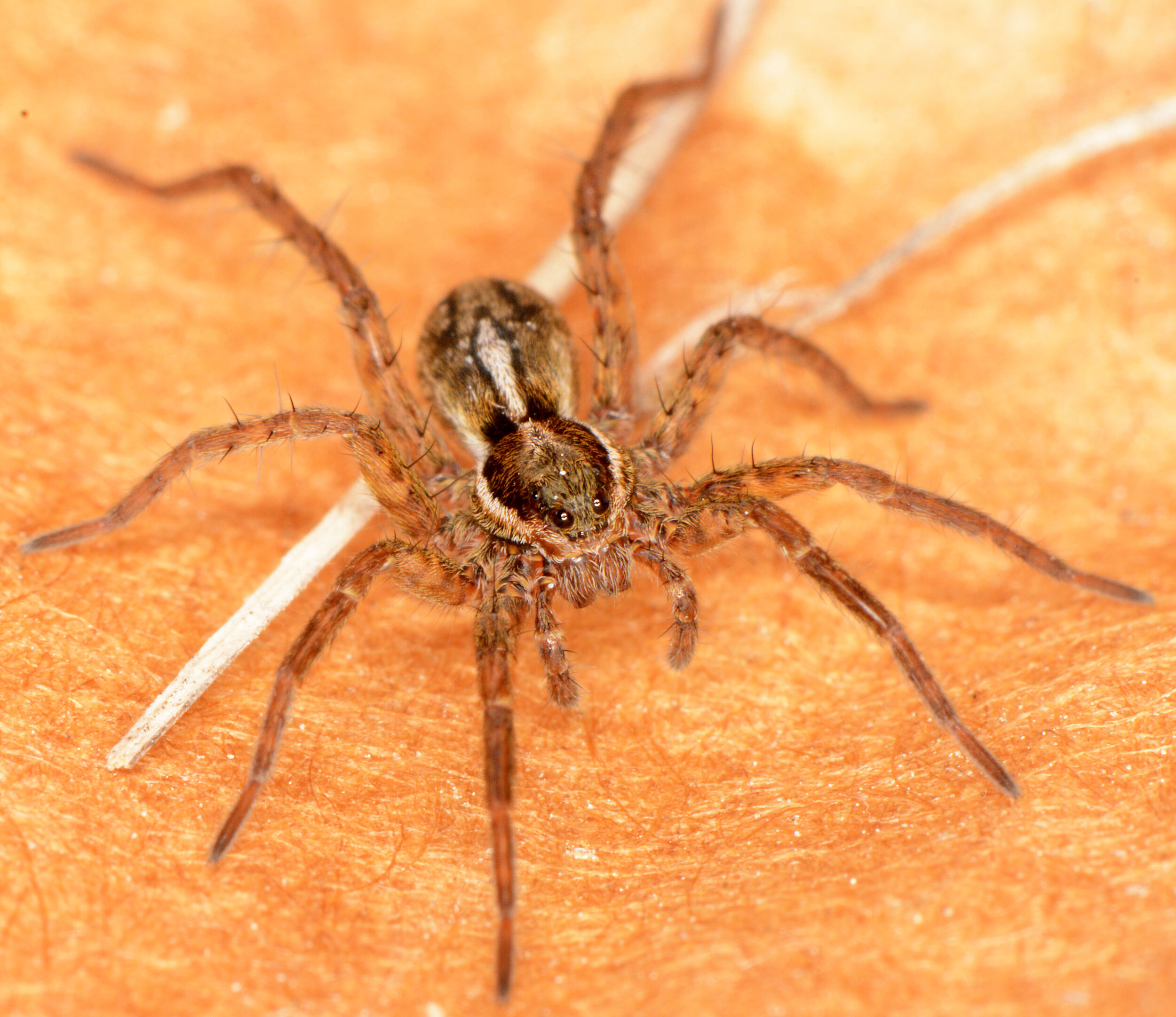
I use empirical field and lab work and modeling approaches to explore how northern ecosystems are impacted by climate change. Most of my current research is in the Arctic, where climate change is happening at a rapid rate and is threatening the structure and function of social-ecological systems.
My research is driven by such questions as:
What are the impacts of changing temperature and hydrology on the phenology, abundance, and diversity of organisms?
How do these changes impact species interactions, nutrient cycling, and aquatic-terrestrial linkages?
I work mostly with arthropods (insects, spiders and their close relatives), which are a great group of organisms for testing ecological theories. More importantly, they are “the little things that run the world” (Wilson 1987) yet it is unclear how they are being impacted by changes in land-use and climate that are happening globally. Since 2016 I have been vice-lead for the Network for Arthropods of the Tundra (NeAT), a University of the Arctic thematic network of over 100 scientists that are working to unite and expand international research about arthropods in Arctic, Antarctic, and alpine ecosystems.
One of my current study systems is Arctic mosquitoes. I have measured how changes in temperature and hydrology impact their abundance, phenology, and reproduction (e.g., Culler et al. 2015, 2018, DeSiervo et al. 2020, 2021) and am currently working with students and colleagues to study their broader role in terrestrial systems (Culler et al. 2020), including as pests of caribou, a culturally- and economically-important natural resource across the Arctic (Koltz and Culler 2021). This work has been featured extensively in the news and I was awarded the opportunity to present this work during a plenary lecture at the 2018 annual meeting of the Ecological Society of America. Please see my publications for an idea of the other projects I have completed.
RESEARCH IN THE NEWS
Mosquitoes are a Canadian icon – and a growing public health risk (The Globe and Mail 8/3/2019)
Ask Sam: Where Have The Bugs Been All Winter? (NHPR 3/22/19)
Why the Arctic Needs Mosquitoes (New York Times 8/8/18)
VIDEO: Arctic's Epic Mosquito Swarms May Get Worse with Climate Change (Voice of America 8/16/17)
Greenland's mosquitoes are getting worse (Alaska Dispatch News 8/5/15)
Greenland Mosquitoes Are on the Attack as Climate Warms (Discovery News 8/4/15)
Why Giant Mosquitoes Are Suddenly Swarming Greenland (Vice Motherboard 8/3/15)
Hungry Arctic mosquitoes are coming for you, Rudolph (Grist 8/3/15)